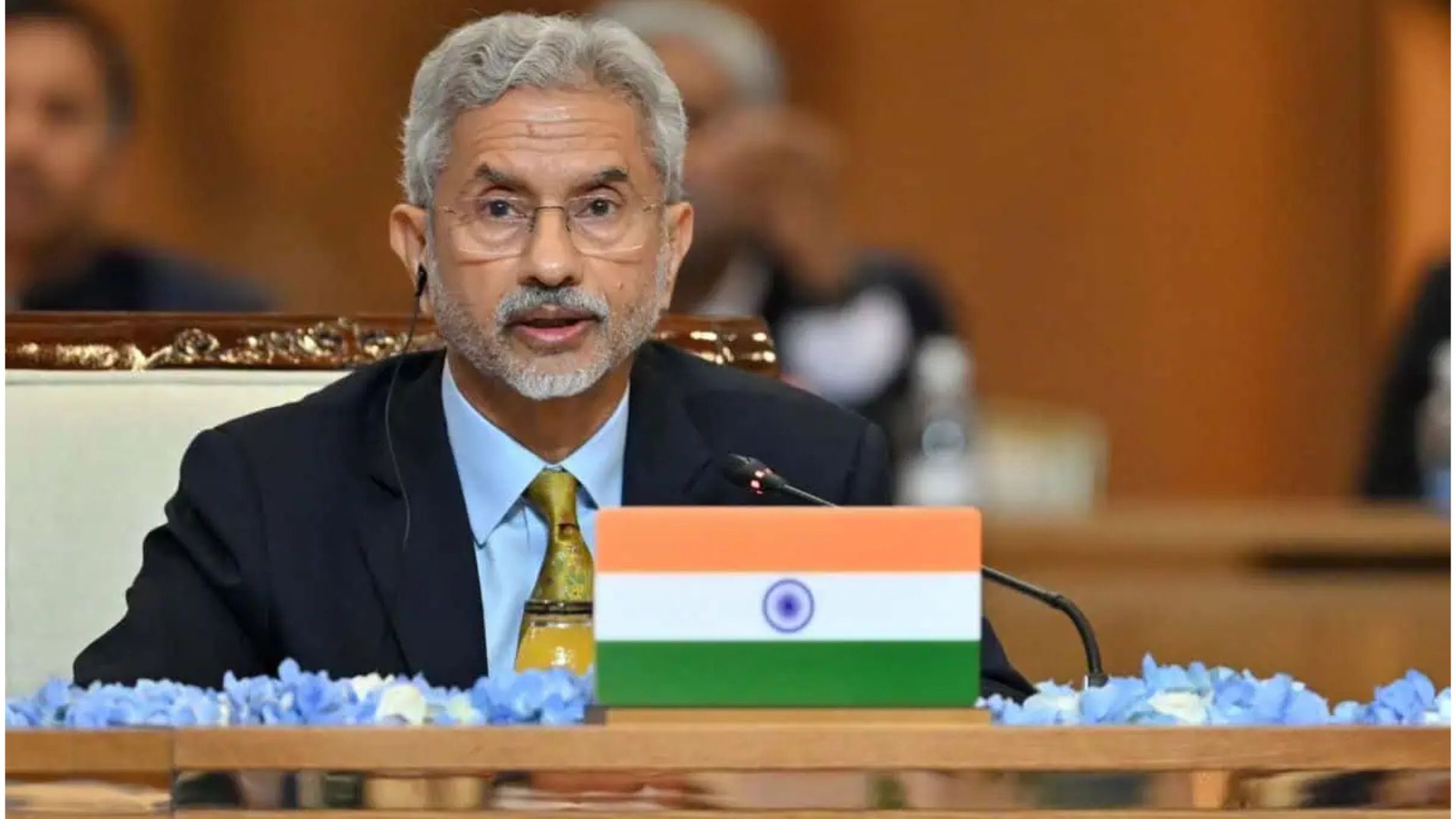
India has lifted restrictions on rice exports, leading to an increase in domestic prices and opening new markets for exporters. The removal of trade barriers is expected to enhance the competitiveness of Indian rice in the global market.
While rice prices for both basmati and non-basmati white varieties are lower compared to last year, traders anticipate a rise in the coming weeks. Currently, basmati rice prices range from ₹3,100 to ₹3,200 per quintal, up from ₹2,800 to ₹2,900 following the removal of trade restrictions in late September. Last year, prices were around ₹3,500 per quintal.
Rahul Chauhan, Director of IGrain India, a leading agri-commodity research firm, cautioned that price increases might not be stable due to good crop yields this year. Akshay Gupta, Head of Bulk Exports at KRBL Limited, echoed this sentiment, stating that while global rice prices may initially rise, they are expected to fall as India re-enters the market strongly.
The Indian rice industry is optimistic about the removal of the Minimum Export Price (MEP) on basmati rice, which allows exporters to offer competitive rates against international competitors. Anshul Garg, CEO of Haryana-based Aroma AAT Basmati Rice, emphasized that the timing of this decision coincides with the upcoming rice season, benefiting exporters.
According to the Agricultural and Processed Food Products Export Development Authority (APEDA), India exported 5.2 million tonnes of basmati rice worth ₹48,389.18 crores in the 2023-24 fiscal year, with major buyers including Saudi Arabia, Iran, Iraq, UAE, the US, and Yemen.
Vikram Marwaha, Joint Managing Director of DRRK Foods, noted that countries with lower buffer stocks may look to replenish their supplies this year, increasing demand for Indian rice. As fresh paddy arrives in the markets, farmers are expected to receive better prices for their produce, with paddy prices likely to exceed the Minimum Support Price (MSP).
Market participants indicate that rice prices in competing nations have begun to drop, creating an advantageous environment for Indian exports. The easing of previous export bans, which were in place to control domestic inflation, now allows the export of non-basmati white rice subject to a minimum export price of $490 per tonne and a reduced export duty of 10% on parboiled rice.















